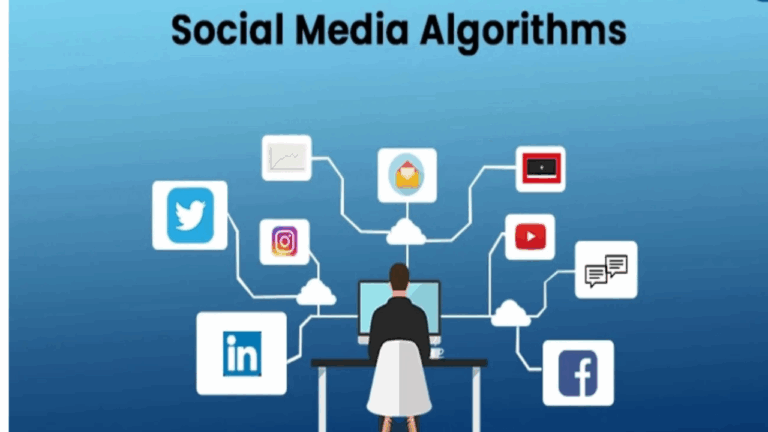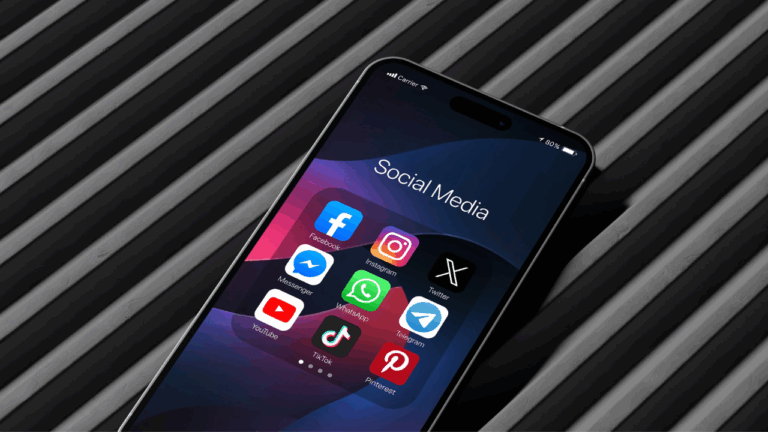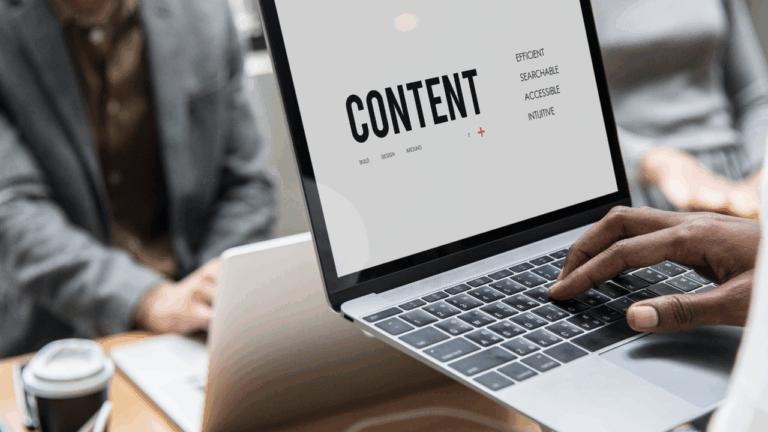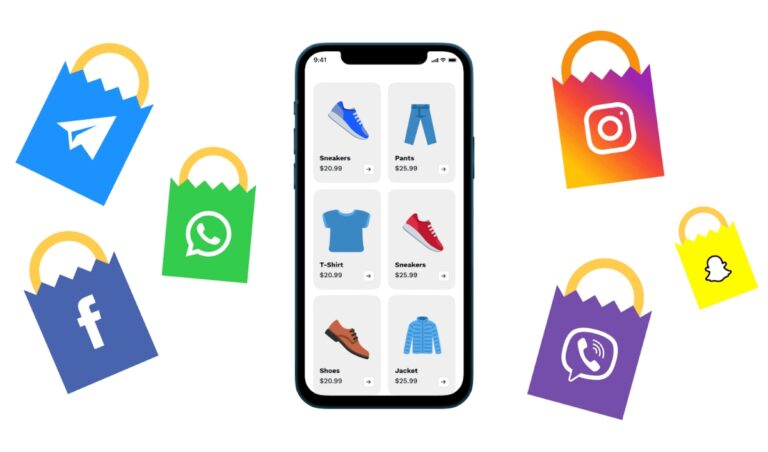Influencer Accountability in India: Why Disclosing Paid Promotions Matters
Influencer Accountability in India: Why Disclosing Paid Promotions Matters
In today’s digital age, social media influencers are everywhere — from Instagram to YouTube and even on your WhatsApp status. They tell us what to buy, where to eat, which brands to trust, and how to live better. But here’s a big question: how do you know if that skincare review, fashion tip, or finance advice is truly honest or just paid content?
That’s where influencer accountability and sponsorship disclosures come into play. As more Indians rely on social media for information and inspiration, knowing which content is sponsored is more important than ever.
Let’s break it down in easy terms — no heavy words, no confusing rules.
What Is a Sponsorship Disclosure?
A sponsorship disclosure is a simple way for influencers to tell their followers, “Hey, I got paid or received something free to talk about this product.” It’s like adding a label that says, #Ad or #Sponsored on their posts, videos, or reels.
It’s not just good manners. It’s now required by the Advertising Standards Council of India (ASCI).
Why It Matters to You
You follow influencers because you trust them. But if they’re promoting something without telling you they were paid to do so, that’s not honest. You deserve to know the truth — whether a product recommendation is based on real experience or a business deal.
Sponsorship disclosures build trust. They help you make better choices and avoid falling for fake claims.
What the New ASCI Rules Say
ASCI, India’s advertising watchdog, introduced fresh guidelines in 2025. These are especially important for influencers working in health, finance, education, and other sensitive areas.
Here are the main rules:
✅ Influencers must clearly disclose if a post is paid, sponsored, or gifted.
✅ Use of hashtags like #Ad, #PaidPartnership, or #Sponsored is mandatory.
✅ Disclosures must be easy to see — not hidden in long caption hashtags.
✅ In videos, the disclosure should stay on screen for at least one-third of the video length.
✅ In health or finance, influencers must also mention their qualifications clearly.
These rules apply across all platforms: Instagram, YouTube, Facebook, X (Twitter), and even live sessions.
Are Influencers Following These Rules?
Unfortunately, no — not all. A 2025 report showed that nearly 69% of India’s top influencers failed to follow these guidelines. Many didn’t add proper hashtags or hid them at the bottom.
This is why ASCI is now more serious about monitoring. If influencers don’t comply, their content can be reported, removed, or flagged. Brands also risk fines and legal trouble.
Why Brands Should Care Too
It’s not just influencers — brands have a duty as well. They must guide influencers to follow the rules, especially when the brand is paying for the post or sending free products.
If a brand is found guilty of misleading the public, it can face serious backlash.
How It Affects You as a Viewer or Buyer
The next time you see your favorite YouTuber praising a protein powder or a financial tipster talking about investments, check if they mention #sponsored. If not, think twice before taking their advice.
The more we hold influencers accountable, the better and more honest the digital world becomes.
Final Thoughts
Influencers are the new-age celebrities and advisors. But they’re also part of a business. So, transparency is key. Disclosures aren’t just legal rules — they’re about respecting you, the viewer.
Stay aware. Ask questions. And support influencers who are open about their partnerships.
To stay updated on topics like this and more from the world of social media and digital culture, visit Social Impact Insight.







